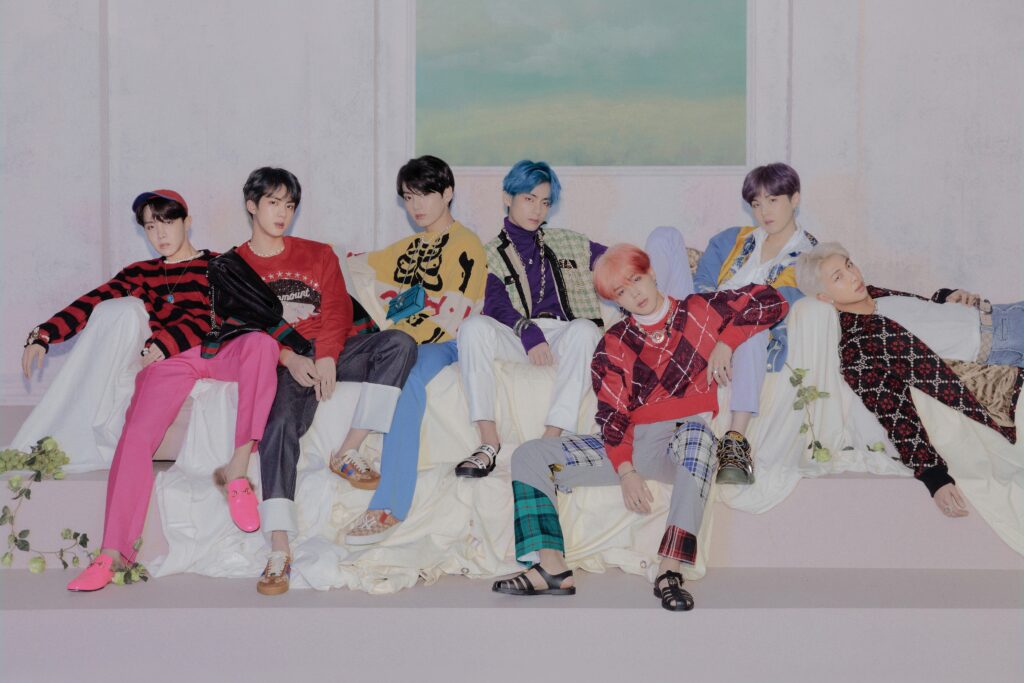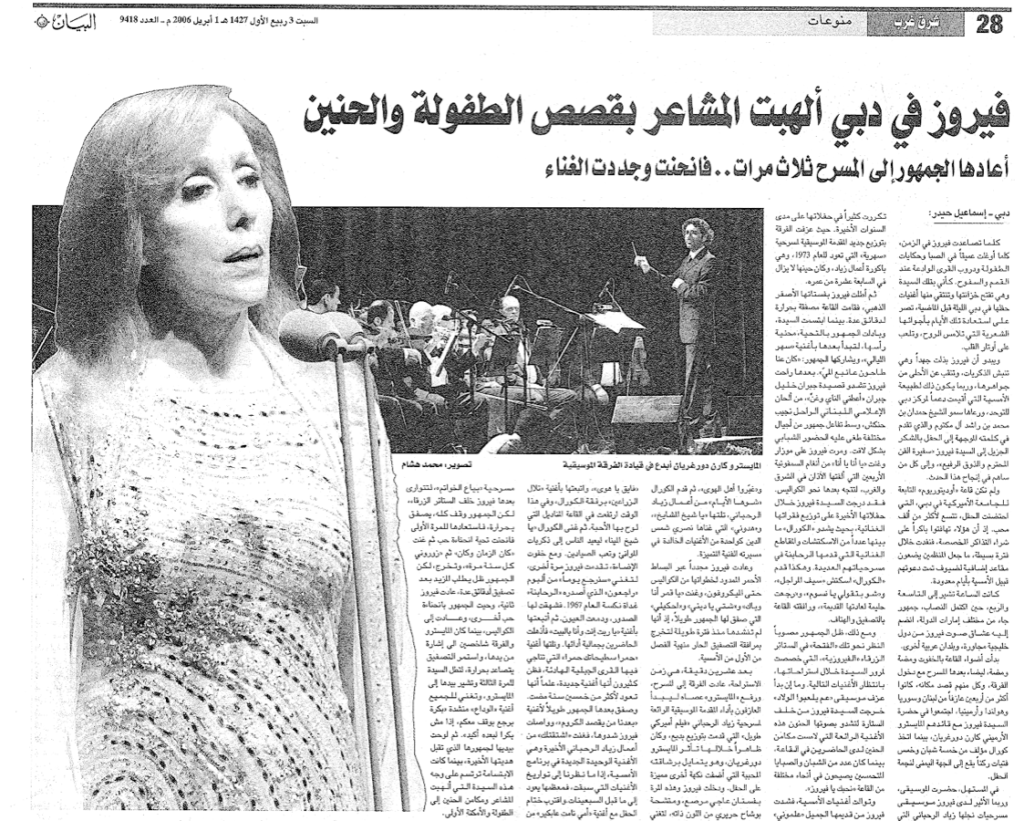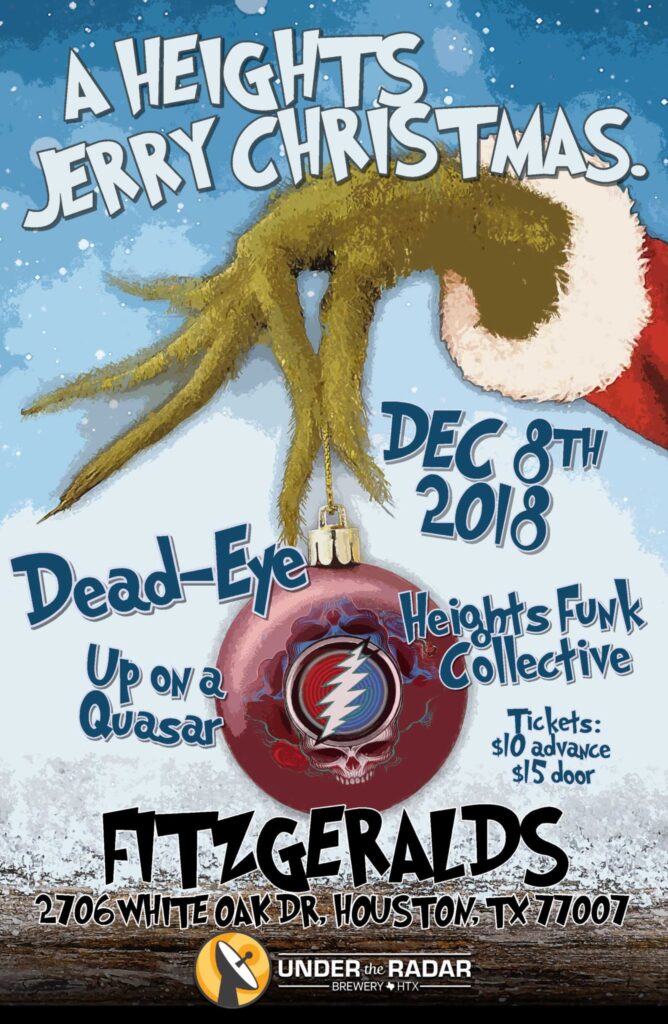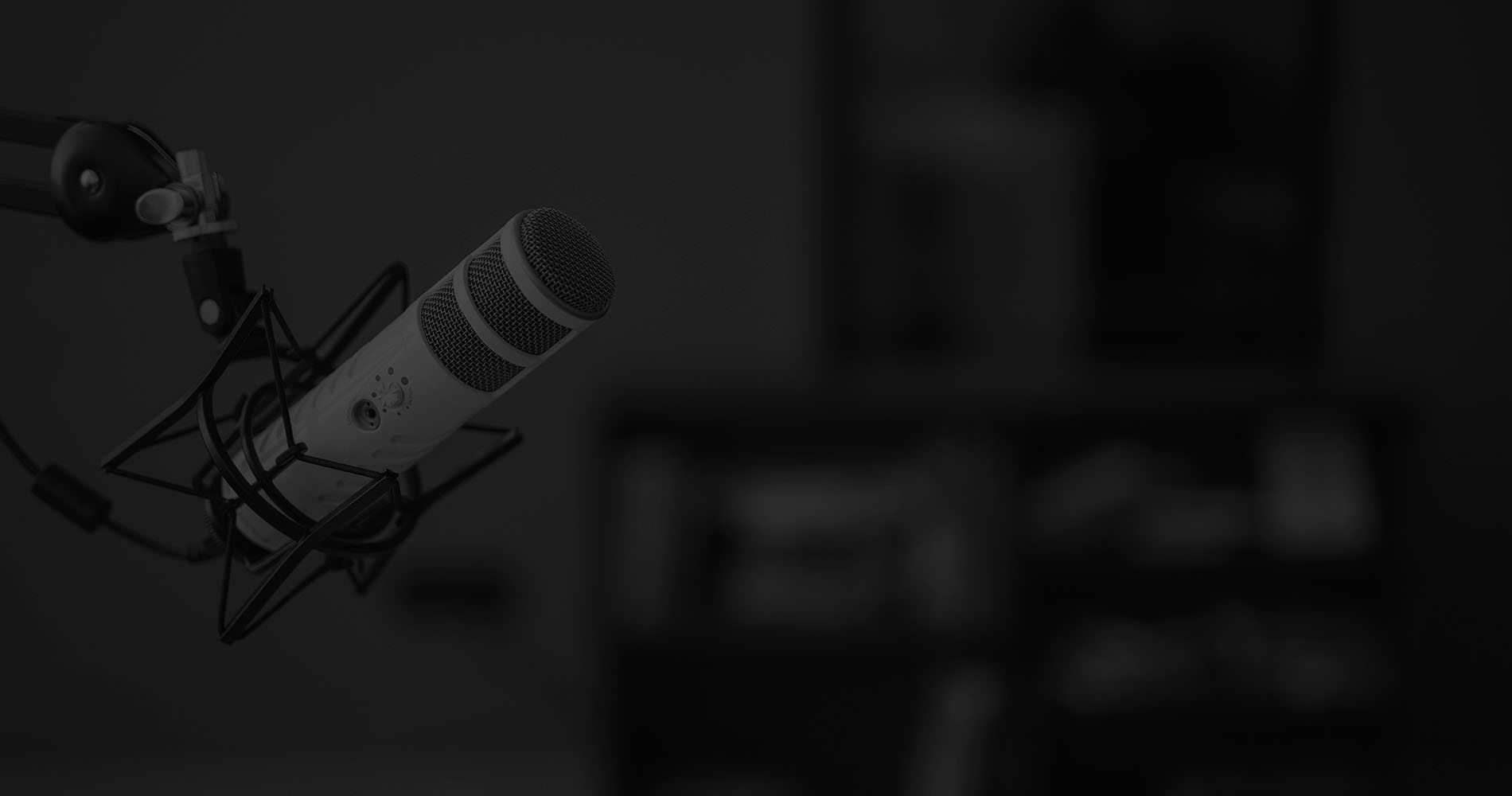The Importance of Attending Live Concerts
Written by Darshak Chudasama on December 7, 2018
Bassist Chris Devine of “The Side Eyes”
The accessibility of recorded music has made it difficult for many to find incentive to go to live shows.
Audiophiles could and most definitely would provide lengthy arguments if I was to challenge the significance of recorded music. I would say to that yes, I agree there lies importance in this form of appreciating music.
However, the intensity and immersive synergy between a performer and its masses falls short to nothing but, dare I say it, equally matches its counterpart.
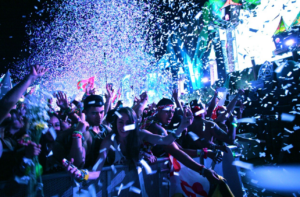
Extremely generic rave picture
With that being said, let’s move to my first point.
Push from a personal experience towards a communal experience
Solitary enjoyment can provide peace and serenity. However, to share a musical adventure with like-minded listeners creates a sense of togetherness. Dancing harmoniously with a stranger is fulfilling and can be extremely uplifting.
Note: *There is nothing better than seeing a giant crowd head-banging together one second and the same people helping individuals from off the ground*
A key factor in how this “communal” experience can go greatly depends on the energy of the crowd.
Depending on the type of concert, high energy can be impactful and memorable while low energy could lead to boredom and an overall underwhelming experience. For example, the recent Turnstile show that I attended was able to encapsulate such high energy that I swear there was an atmosphere of angst and anger circulating the air.
https://youtu.be/E_ew2bhI1mE?t=4m14s
Turnstile performing in Santa Ana
*Although this is not the same concert I attended, the atmosphere is near identical*
This leads me to my next point.
Interaction of members with each other and with the audience
The energy of band members (or a solo performer) plays just an important role as the crowds’. No one pays to see robotic actors, and the same can be said for musicians. Artists who interact with their audience destroy the barrier that separates the two. At smaller concerts, artists will even jump into the crowd or vice-versa, creating a sense of unity (rather than say, viewers, appreciating a piece of artwork, it becomes an immersive experience).
Live concerts would be the only way to see how members interact with each other. Obviously, this is done only if there is more than one performer on stage, but this allows the audience to see (or sometimes even hear) the chemistry among band members.
Visual and auditory cues, for example, synchronize musicians to stay on the same page. They are essentially signals for members to utilize as transitional markings.
Imperfections
This leads me to the most subjective point of mine; imperfections of live shows is what makes them so perfect. This is the reason why attending live shows is imperative. They cannot be recreated.
There is a form of attraction in your range of attainability.
Live performers are bound to make mistakes, and in that, results in a realistic conveyance of their music. Some listeners enjoy this “realistic” portrayal versus the revised edition (a recording).
What are some imperfections?
Well to start, what is an imperfection?
Imperfections are simply any deviation from the recorded version. This version has been revised and sounds exactly how the artist(s) intend, therefore it will act as our point of reference.
Unlike in recordings that allow for several retakes, singing, rapping, and/or constant screaming at live performances takes away time to breath and you can hear it. This leads to some singers cutting off mid-verse to take a second to breathe. Although it probably isn’t as dramatic as you think, it does make a difference in how you listen.
Though some may not consider this as an imperfection, solos are not always in recordings. Why would I classify this as an imperfection? Again, it deviates from the recorded version.
Sometimes solos can be rehearsed but other times, musicians like to improvise (equivalent to rappers freestyling) and has shown useful in terms of portraying skill and originality. Solos give musicians the spotlight and a chance to hold your attention because most likely, you were just paying attention to the lead singer!
Before I finish exploring the importance of attending live performances, I want one thing to be clear –
I have no motive to denounce recordings
The factor of convenience will always set recorded music apart, as recordings allow us to listen to music wherever and whenever we want. Who wants to go through the process of paying for a ticket, look for parking, and/or stand in extensive waiting lines any time they want to listen to music?
Recordings are amended with mixing that has gone through a process of perfection (rarely matched by live performances). For example, equalizers are tweaked to the perfect amount that enhances the listener’s experience.
For example, Piñata is a sample-infused masterpiece, created by producer Madlib and rapper Freddie Gibbs. This album could not be replicated by any live show in terms of sound and it would almost be insulting to not listen to it through a pair of quality headphones.
Both forms of appreciation allow listeners to enjoy music as a personal journey. One, gives introverts an excuse not to interact with others, while the other, allows extroverts to flex their dance moves!
Whichever you may be, it would be a loss to limit one’s self to either.
If you are one to stay isolated in your music, try going to a live concert for once! And if you are always at live concerts, take a seat and put those headphones on. You may begin to like aspects of both and hear parts of the music you’ve never heard before.
